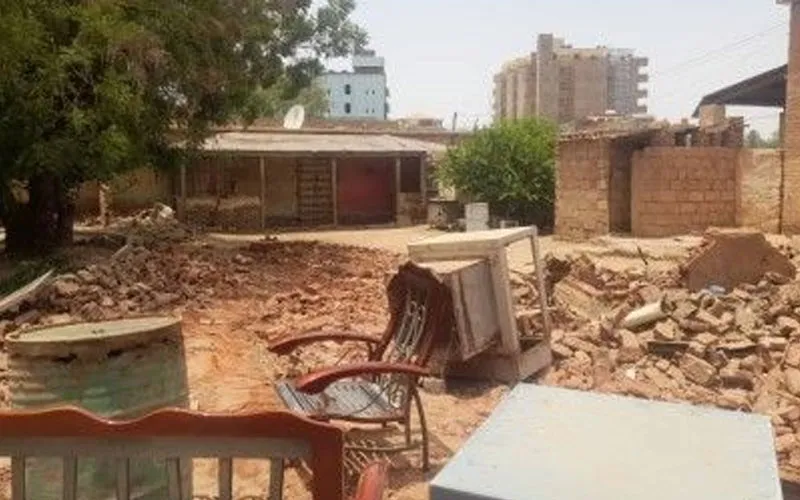Khartoum, 26 May, 2022 / 8:47 pm (ACI Africa).
Christian Solidarity Worldwide (CSW), a UK-based human rights foundation, has condemned the approval by a Sudanese court to demolish properties belonging to a church in Omdurman, Sudan’s second city, noting that the move thwarts efforts to promote religious freedom in the country.
In a Wednesday, May 25 report, CSW indicates that the lucrative 2000 square metre block of properties is owned by the Sudan Presbyterian Evangelical Church and has been rented out to Clergy and Christians who have also been battling eviction instructions from the Sudanese authorities.
In the report, the CEO of CSW, Scot Bower, is quoted as saying that the human rights agency is alarmed by the demolition directive from the Sudanese court, and calls on authorities in the country to reverse it.
“We are alarmed by the attempt to demolish significant properties belonging to the Sudan Presbyterian Evangelical Church without notice. We urge the Sudanese authorities to review this decision, mindful of the fact that such a demolition will empower those with no legitimate standing to act on behalf of the church,” Mr. Bower says.
He adds, “We call on the international community to remind the military leadership of its de facto responsibility in Sudan to protect human rights, including freedom of religion or belief, and to uphold the principle of non-discrimination.”








